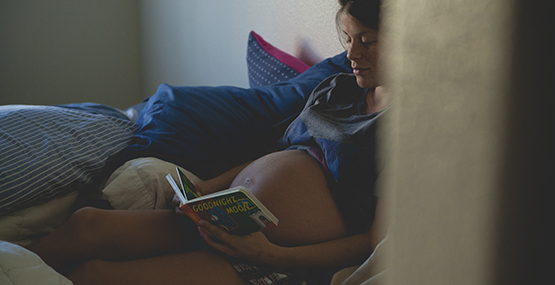
The Latest and greatest treatments for IBD: What to believe
What’s the best IBD medicine for me? Confusion on television and in your inbox....
See moresign up for our newsletter
SubscribeIn a routine pregnancy, a fertilized egg attaches to the lining of the uterus and grows there, nourished by the tissues of the uterus. When the fertilized egg attaches elsewhere (usually in the tube leading from the ovary to the uterus), that's called an ectopic pregnancy or sometimes, a tubal pregnancy. Those pregnancies cause incredible pain and bleeding, and surgery is often required.
Certain conditions increase the chances of having an ectopic pregnancy. Smoking, older age, adhesions from previous surgery, infections and in vitro fertility assistance are some of those. Women with IBD can have adhesions, infections or previous surgery which could put them at more risk as well.

A Study from Denmark
Doctors in Denmark were able to look at all the ectopic pregnancies and related problems that occurred in Denmark over 22 years. (S Punyanganie and others, Clinical Gastroenterol 2018). They had enormous numbers for comparison: 7548 pregnancies in women with ulcerative colitis, 6731 pregnancies in women with Crohn's disease and over 1.8 million pregnancies in women without IBD.
Women with Crohn's disease were 23% more likely to have an ectopic pregnancy, but women with ulcerative colitis had the same risk as the regular population. If any patient with IBD had prior surgery they might have a slightly increased risk of an ectopic pregnancy compared to women with IBD who never had surgery, but the statistics couldn't prove it.
This article, as well as all others, was reviewed and edited by a member of our Medical Advisory Board.
Subscribe Be the first to know